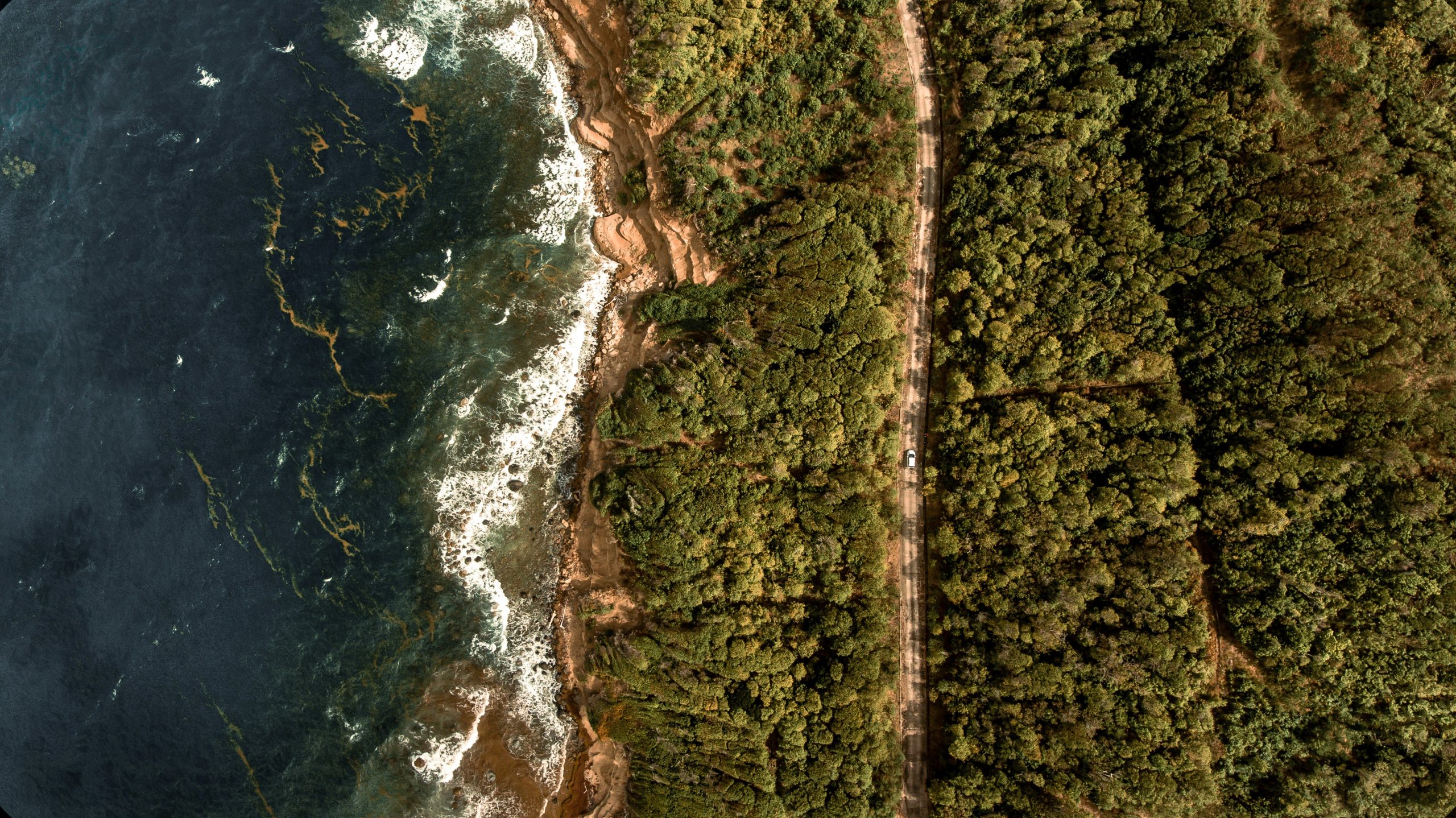Green Business: Entrepreneurial Initiatives Addressing Sargassum
Every day, we become more vulnerable and impacted by the effects of climate change, which significantly affects countries and their economies. A prime example is the sargassum seaweed problem, a global issue that has greatly impacted tourism and the economies of various regions, particularly in coastal areas such as the Caribbean and the Gulf of Mexico. A clear illustration of the risk sargassum poses to the economy and tourism is Quintana Roo, Mexico. In 2019, its tourism activities saw a reduction of between 2.2% and 5% due to the arrival of sargassum. The impact on tourism is mainly due to the foul odors and unattractive appearance caused by the accumulation of sargassum, making it less appealing to tourists and local community. This situation also creates blockages and an obstacle for recreational activities such as swimming, diving, and snorkeling. Consequently, these factors negatively affect the economy by reducing the revenue generated from tourism-related visits and activities. Moreover, the investment in cleanup efforts involves significant and recurring costs to keep the area clean and appealing. Additionally, local fishing and businesses are affected due to fewer visits to restaurants, hotels, and shops nearby. In the Caribbean region, sargassum also poses a barrier to those engaged

